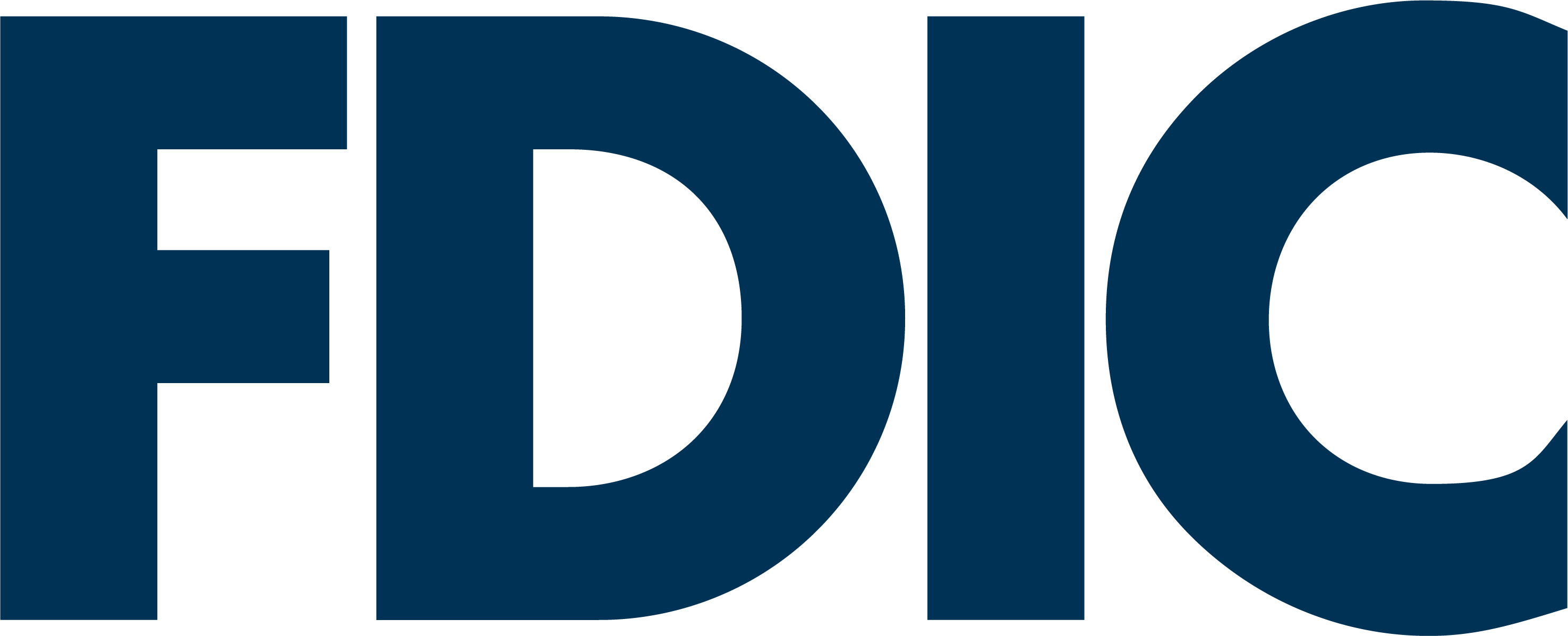Rent vs. Buy: Pros and Cons
- Consider how much money you have available to cover housing each month.
- Depending on the city or town you live in, that same amount could cover either monthly rent or a monthly mortgage payment.
- The main differences between renting and buying are the amount of cash needed to start, the level of maintenance responsibility, tax advantages, and equity opportunities.
Should I rent or buy?
It’s a question many of us have asked ourselves. To find the best answer for you, first consider how much money you have available to cover housing each month. Our budget calculator can help you get a quick idea.
Let’s say you could afford to pay $1,700 per month. Depending on the city or town you live in, that same amount may be able to cover either monthly rent or a monthly mortgage payment, regardless of whether interest rates are higher or lower at the time.
In the Southern US, for example, median rents were $1,635 as of November 2023, and median monthly mortgage payments were lower.
| Region | States | Median Monthly Mortgage Payment |
|---|---|---|
| South Atlantic | Delaware, District of Columbia, Florida, Georgia, Maryland, North Carolina, South Carolina, Virginia, West Virginia | $1,397 |
| East South Central | Alabama, Kentucky, Mississippi, Tennessee | $1,212 |
Nationwide, mortgage interest rates have risen, but are still historically low. The peak for 30-year fixed mortgage interest rates was 19% in 1981, according to Freddie Mac.
Rent vs. Buy a Home
| RENT | BUY | |
|---|---|---|
| Cash to Start | Lower | Higher |
| Responsibility for maintenance | Lower | Higher |
| Tax advantages | No | Yes |
| Equity | No | Yes |
1. Cash to Start
Renting a home typically comes with lower upfront costs than buying a home. To rent, you’ll likely only need to have:
- First month’s rent
- Last month’s rent
- One month’s security deposit
To buy a home, you’ll need:
- Down payment
- Closing costs
- Homeowner’s insurance
- Potentially, private mortgage insurance
The down payment may not be as much as you think. Many people believe they need a down payment of 20% of the selling price of the home, but that’s no longer the case. Payment assistance and low- and no-down-payment options may be available.
2. Responsibility for Maintenance
As an apartment renter, you’re not responsible for external repairs or maintenance of systems like plumbing, heating, cooling, and appliances.
As a homeowner, you are responsible. If the roof leaks or a pipe bursts, it’s on you to fix it. Setting up an emergency fund for surprises can help make them less stressful when the time comes.
You may also be eligible for a home warranty to help cover the cost of fixing or replacing home systems or appliances. Sometimes, home sellers or real estate professionals pay for a home warranty on the buyer’s behalf for extra peace of mind at closing.
3. Tax Advantages
As an apartment renter, you don’t have to pay property taxes like a homeowner does, but you also don’t get the tax advantages.
For homeowners, property taxes and the interest paid on your home loan are tax-deductible. If you’re required to have PMI, that’s tax-deductible, too.
4. Equity
As a renter, you don’t benefit from rental values rising over time. As a homeowner, you do benefit as your home value goes up, building equity on top of the equity you’re already earning through your monthly payments.
When it comes to the question of renting or buying, it can help to talk it through. Contact our team or, if you’re ready, start your secure, digital application now. We’re here to help you every step of the way.














